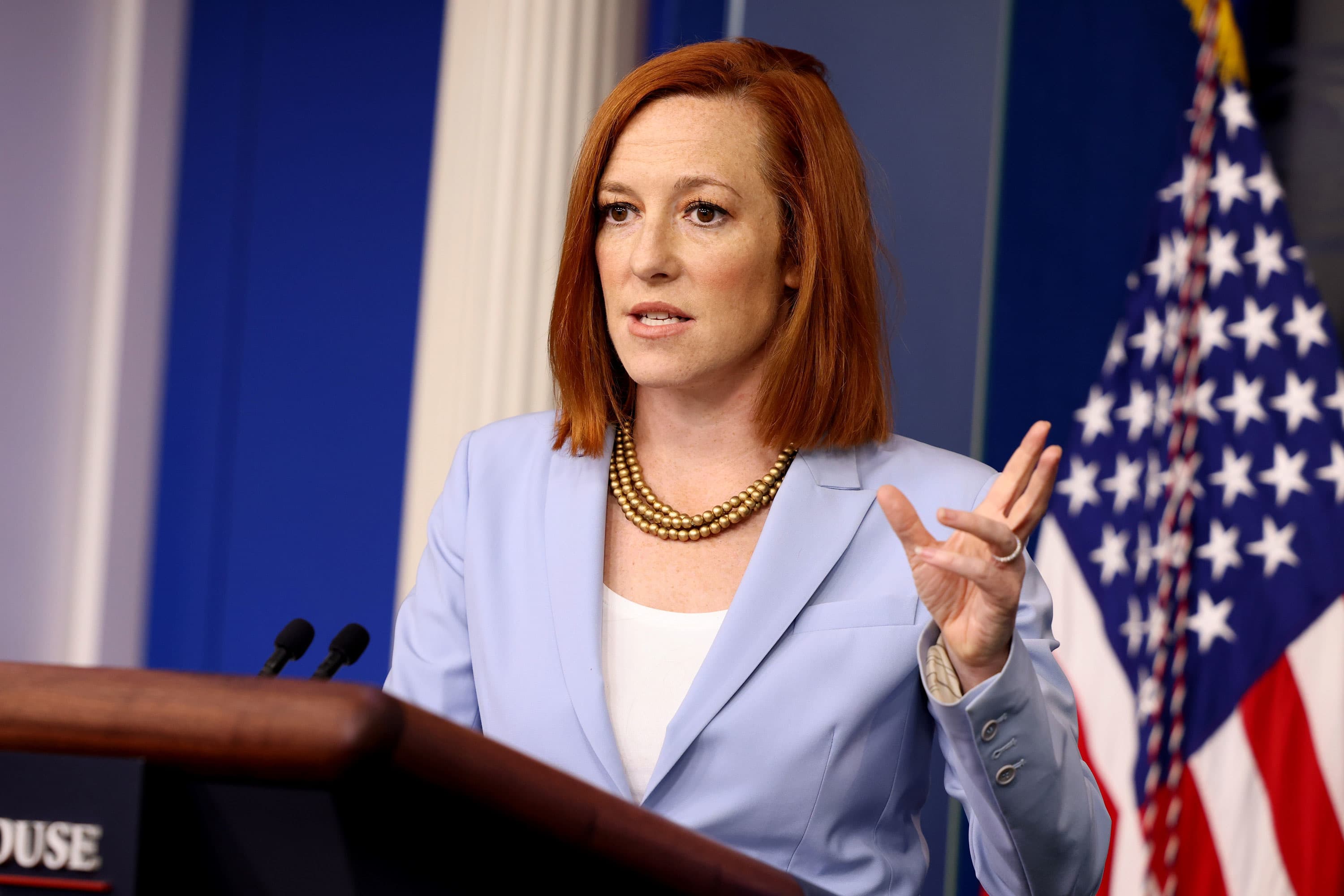WASHINGTON — White House aides working on a bipartisan infrastructure deal made a counteroffer on Friday to Republican senators, reducing the Biden administration’s initial proposal by $600 billion.
Within hours, those Republicans threw cold water on the new proposal and said the sides now seemed “further apart” after what had appeared to be progress in negotiations.
The latest offer would cost $1.7 trillion over a decade, according to a memo from the White House to Republican Sen. Shelley Moore Capito, of West Virginia, who is spearheading negotiations for the GOP.
In order to trim the original $2.3 trillion plan down to $1.7 trillion, the White House says it would agree to:
- Shift funding for research and development, small businesses and supply chain improvements from this package over to separate legislation that’s being debated in Congress.
- Reduce funding for rural broadband from its initial offer of $100 billion down to $65 billion. This would match the Republicans’ proposal for expanded broadband funding.
- Cut its new funding requests for “roads, bridges, and major infrastructure projects,” down from its original $159 billion to $120 billion.
The memo said Biden hoped the proposed changes to his initial offer would “spur further bipartisan cooperation and progress.”
But it was immediately evident that little progress had been made over the past week on central elements of a bill. These include the basic definition of what “infrastructure” is, and the mechanisms to pay for it.
Republicans have proposed their own $568 billion infrastructure bill, with a narrow focus on hard infrastructure, rural broadband and transit.
In the Biden counteroffer, these are all areas that would get cut.
An aide to Moore Capito responded to the offer in a statement Friday, calling the White House proposal still “well above the range of what can pass Congress with bipartisan support.”
“Based on today’s meeting, the groups seem further apart after two meetings with White House staff than they were after one meeting with President Biden,” she said.
The White House memo is also striking for what Biden does not agree to compromise on.
For instance, the White House has not yet come down from the $400 billion that Biden has proposed to fund home and community-based elder care. Republicans argue that this does not meet the definition of “infrastructure.”
Biden’s offer also holds the line on the funding he has proposed for electric vehicles, veterans hospitals and workforce training, all of which Republicans have questioned.
On the pay-for side, the White House counteroffer still includes one of the GOP’s red-line issues: An increase in the corporate tax rate.
Senate Minority Leader Mitch McConnell has said that any infrastructure plan that includes a corporate tax increase would be opposed by the entire Republican caucus.
White House press secretary Jen Psaki called Friday’s counterproposal “the art of seeking common ground.”
Biden’s negotiators presented the counteroffer to Republican senators during a video conference that began shortly after lunch on Friday.
The White House team included counselor to the president Steve Ricchetti, director of legislative affairs Louisa Terrell, National Economic Council director Brian Deese, Commerce Secretary Gina Raimondo and Transportation Secretary Pete Buttigieg.
As the second week of formal negotiations came to a close Friday, Republicans and Democrats appeared no closer to a bipartisan compromise than they were at the start.
